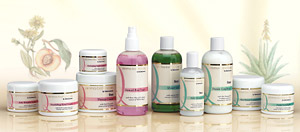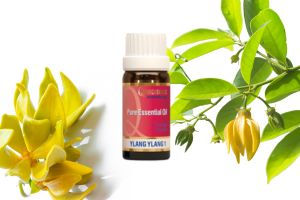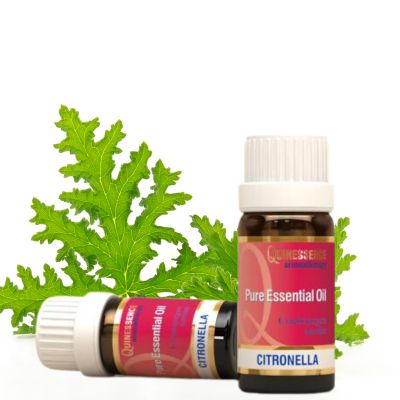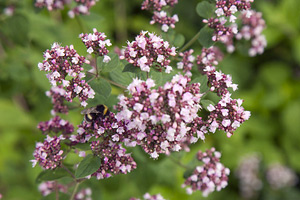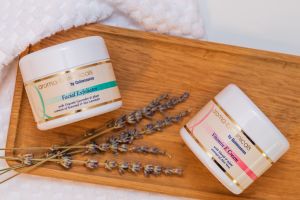How To Combat Freshers’ Flu Naturally
 For many students October means one thing – freshers’ flu.
For many students October means one thing – freshers’ flu.
Even if you’ve been at university for a few years, it can feel as though there’s no protection against this highly contagious, unbelievably common illness.
As if you don’t already have enough to worry about with Covid!
Of course, freshers’ flu is not really flu, it is a collection of illnesses usually contracted by new students during the first few weeks at university, and actually it is usually more like a severe cold. Up to 90% of students can suffer from symptoms such as sore throats, fever, severe headaches, coughs and sneezing. And it’s not just limited to students either!
While you might want to lock yourself up in a room and limit contact with others in a bid to avoid catching freshers’ flu, this approach really isn’t practical while at university. What’s needed are effective, natural means of prevention and, when necessary, some simple treatments to reduce and ease the symptoms.
Prevention
To limit the chance of catching freshers’ flu you need to find ways to boost the immune system so it has the strength to fight back and do its job properly, as nature intended. There are several ways to do this. Firstly, it means eating the right foods to ensure the body has access to all the necessary vitamins, minerals and all the other important stuff that helps it stay healthy.
Getting plenty of fresh air is also advised, as germs and viruses are more likely to spread in warm, closed up rooms. Plus, getting outdoors is often a welcome relief from being cooped up all day in class and helps to clear your mind. Other natural ways to maintain your immune system are explained in an article by a medical doctor who gives some easy to follow tips to support your immune health.
For a more proactive approach though, try using essential oils to support your immune system. Tea tree, lemon and cajuput essential oils are great choices to help give the immune system a boost. Bergamot essential oil is also a refreshing, uplifting antiseptic that is commonly used as an antiviral agent. And because it is an effective antiseptic and anti-virus essential oil it can be used effectively for both of these therapeutic properties in your daily life. Simply add a few drops of any of essential oil to an aromatherapy diffuser or burner before you go to bed.
Meanwhile, ylang ylang essential oil produces a soothing and calming effect that helps the body to relax and rejuvenate after the rigours of studying all day. Add eight drops to a warm bath, disperse the droplets by agitating the water, and have a nice long soak in the tub.
Alternatively, try Quinessence Immune Optimise from our Synergy range. This blend contains essential oils of geranium, tea tree, lemon and cajuput – all known immuno-stimulants – to help revitalize and strengthen the immune system. Immune Optimise Synergy is extremely versatile and can be used in a nice warm bath, a diffuser or burner, or even diluted with a carrier oil as part of a body massage.
For even more protection against freshers’ flu try Quinessence Anti-Virus Synergy that contains Tea tree, Bergamot, Ravensara, thyme and Lemongrass essential oils, all expertly blended to bring you the best aromatherapeutic protection available. This highly versatile blend of essential oils can be used in all the usual ways and represents amazing value for money when you consider all the essential oils it contains.
Treatment
If you’re one of the unlucky ones who ends up contracting freshers’ flu, there are natural ways to treat the problem. As with the prevention strategy, eating the right diet is key since you need the foods that give you the strength to fight off the invading viruses.
However, remember that essential oils really come into their own when it comes to fighting off or easing the effects of freshers’ flu. Some of the best oils for the job include black pepper, eucalyptus, ravensara, tea tree, niaouli, cypress, eucalyptus radiata, fir silver, frankincense, peppermint, pine thyme and lemon.
Choose your essential oil and either add eight drops(in total) to a bath and agitate the water, or add three to four drops to a large bowl of water and inhale whilst holding a towel over your head to direct the vapours. Other methods include putting a few drops of the essential oil onto a handkerchief and inhaling, or diluting four to five drops with 10ml of carrier and massaging the blend onto the chest.
Copyright © Quinessence Aromatherapy Ltd 2021. Written by Geoff Lyth












